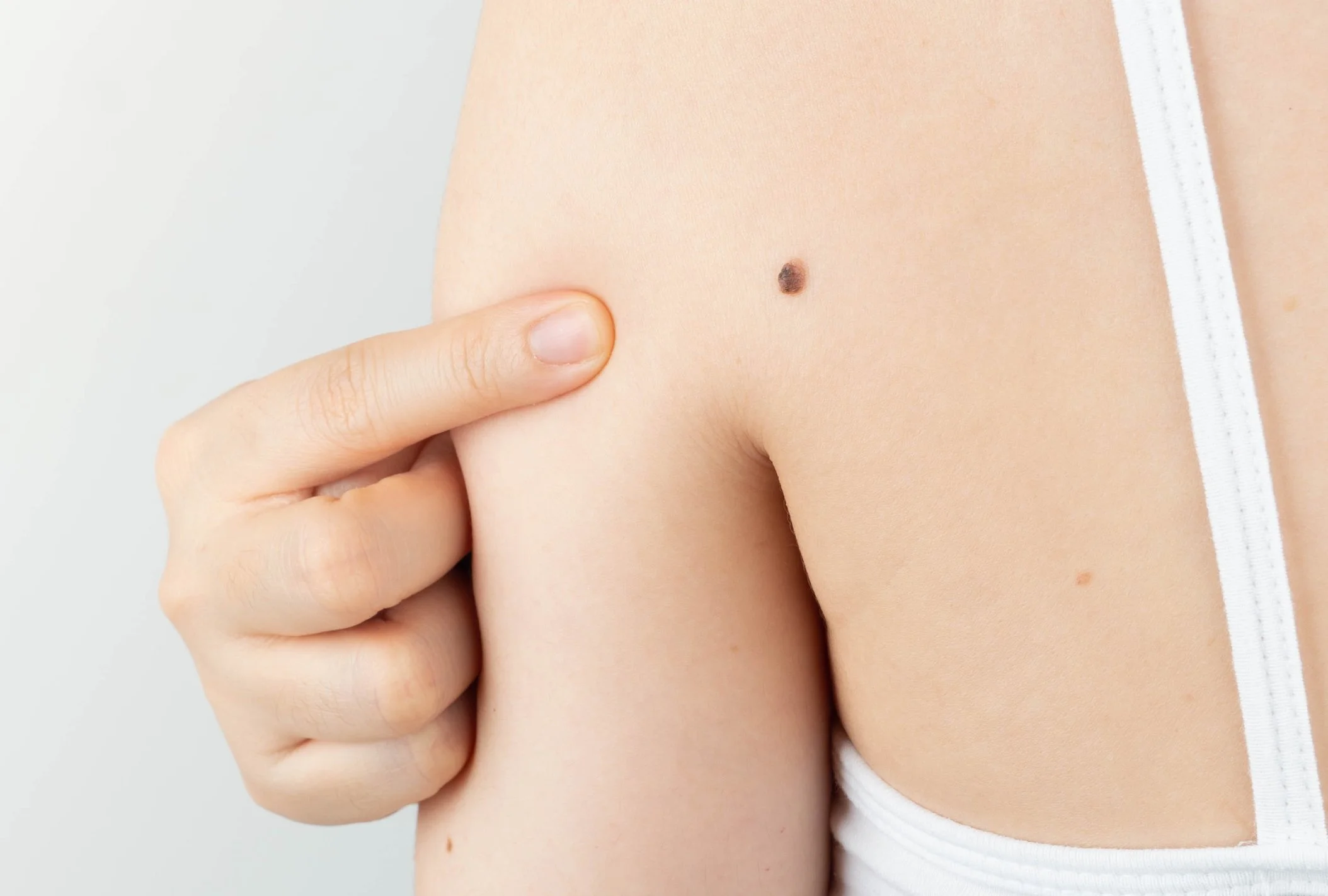Make Skin Cancer Prevention Part of Your Daily Routine
By Nancy Kennedy
Skin cancer screening is an essential aspect of preventive healthcare, as important to your health and longevity as colonoscopy, mammograms, low dose lung CTs and PAP smears. The skin is unique: it is the body’s largest organ, and it is the only organ exposed to the external environment. Skin cancer is the most common form of cancer; by the age of 70, one in five Americans will have had skin cancer. “Fortunately, skin cancer is one of the most treatable cancers,” says Joe K. Tung, M.D., MBA, medical director of Falk Dermatology and director of the Clinical Trials Unit in the Department of Dermatology at the University of Pittsburgh. “Six million adults in the U.S. are treated for skin cancer every year, and basal cell carcinoma is the most common cancer cancer diagnosis in the world.”
Joe K. Tung, M.D., MBA
Getting a baseline full-body examination of the skin is essential not only for skin cancer prevention, but also for assessment of one’s general health. “Few people realize this, but the skin should be examined for more than cancer risk. The skin is a window into the body; it serves as a monitor of general health,” Dr. Tung states. Manifestation of internal illness can show up on the skin, alerting physicians to the presence of kidney disease, thyroid problems, autoimmune diseases, infections and many other conditions.
“Skin cancer is caused by cumulative sun damage over a long period,” Dr. Tung explains. “Many factors contribute to that damage including sun exposure, environmental air environmental pollution and weather. Even on a cloudy day, the sun can penetrate through clouds and windows. Family history, medical history, lifestyle and workplace all matter; occupational exposure may be significant. A person’s risk is highly individualized,”
Skin cancer prevention consists of screening and regular, daily use of sunscreen. “There are two types of sunscreen: mineral and chemical,” says Dr. Tung. “Mineral sunscreen is a physical blocker. It’s like wearing armor, blocking the sun’s rays directly. Examples include zinc oxide or titanium dioxide. Chemical sunscreen doesn’t block the rays and instead absorbs ultraviolet radiation and converts it to heat. We mostly recommend mineral sunscreens, and we instruct our patients to use the right amount, which is around one ounce for the body, or the equivalent of the size of a shot glass.”
Protect Your Skin
Avoid sun exposure between 10 am and 4 pm.
If you must be outdoors, try to stay in the shade.
Do not use tanning booths; they cause skin damage and increase skin cancer risk.
Wear protective clothing: long sleeves, pants, sunglasses and wide-brimmed hat.
If you wear UPF clothing, you won’t need to apply sunscreen.
Use broad spectrum sunscreen with SPF 30 or higher. SPF is the time it takes for ultraviolet exposed skin to redden. It applies only to ultraviolet B.
Dr. Tung encourages his patients to be proactive regarding skin cancer prevention. “Make the use of sunscreen a daily habit just like brushing your teeth. Eat healthy foods that promote skin health, such as fruits and vegetables, and avoid sugar and processed food.”
At UPMC, the dermatology service offers advanced diagnostics and treatment from clinical experts in an accessible, patient-friendly environment. Technological gains have produced new tools and improved imaging, including body scans, says Dr.Tung. “At UPMC, we have made significant improvements in patient access to dermatology services. In one year, we have improved access by 60%. We launched a Rapid Access Clinic, with same day appointments; we are able to see a new patient within five days. Our Teledermatology program is a care option that consists of live virtual visits with a dermatologist, including pediatric dermatologists. An asynchronous program called eDermatology or E-visit is available 24/7.”
A graduate of Yale University, Harvard Medical School University School of Medicine Medical School, and the Harvard Business School, Dr. Tung completed a residency in dermatology at UPMC. He finds professional and personal satisfaction in his medical specialty. “Every day, I get to help people feel more comfortable in their own skin, whether I catch skin cancer early or ease the burden of a chronic condition. Dermatology is incredibly diverse. Our skin is where health, science, identity and human connection all intersect.” In order to be at their best caring for others, he believes, doctors have to take care of themselves. He recommends consistency in eating, exercise and sleep habits and enjoys traveling, golfing, rock climbing and spending time with family and friends.
To learn more about Dermatology services at UPMC, visit www.upmc.edu.


